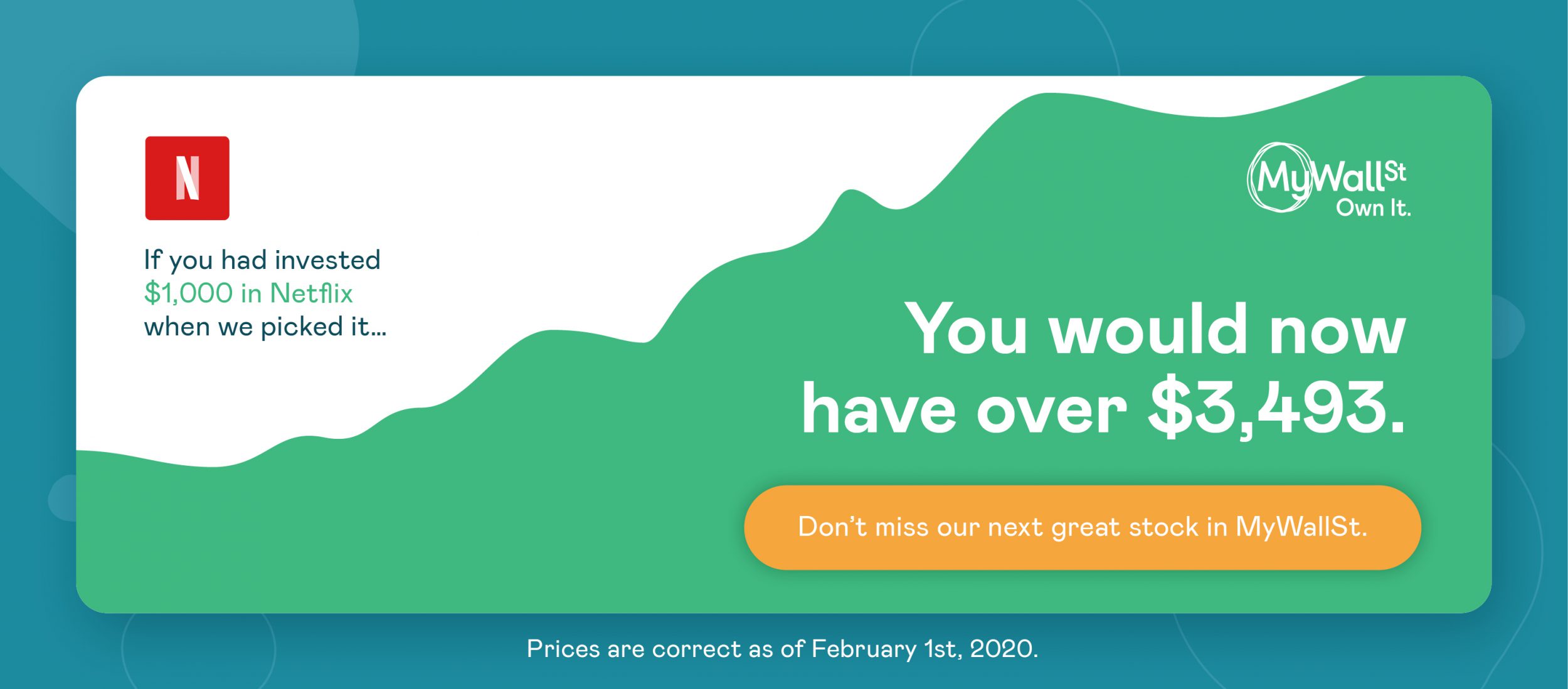Peloton (NYSE: PTON) was one of those companies that seemed to divide people no matter what, however, the global pandemic has led to a surge in popularity for the home fitness brand. Let's take a look at how Peloton makes money.
Starting out as a fitness brand so popular it spawned its own organic communities, over the past few months the company has also been mocked for a lack of self-awareness in numerous long Twitter threads and, infamously, a much-maligned holiday commercial that was described by Vox as "the best horror movie in recent memory".
Love putting my Peloton bike in the most striking area of my ultra-modern $3 million house
-- Clue Heywood (@ClueHeywood) January 28, 2019
In fact, that one advertisement lost the company some $1.5 billion in market value. Check it out for yourself.
But, behind the memes is a business that is currently valued at around $12 billion. Floated on the New York Stock Exchange back in September, Peloton reported revenues of $524 million in its third quarterly report as a public company.
More from MyWallSt:
So where does this money come from?
Peloton's Revenue Streams
1. Connected Fitness
In its 10-Q report published on May 6, the company broke revenue out into three segments -- 'Connected Fitness Products', 'Subscription;', and 'Other'.
Connected Fitness Products refers to the actual bikes and treadmills sold by the company to customers. The bikes are sold at a retail price of $2,245 and the treadmills come in at a much heftier $4,295.
These sales accounted for $420.2 million of the overall revenue mix in Q3 and represented growth of over 61% on the year previous. At 80% of total revenue, it's clear that, for the time being, hardware sales continue to be the big money-maker for Peloton.
2. Subscription
The other main source of Peloton's revenue comes from subscription fees to its platform -- a flat fee of $39 per month.

Subscription revenue came in at a much smaller $98.2 million for quarter three. However, the company commands much better margins on its subscription revenue than its hardware sales.
Subscription will be the key to Peloton's future success considering its high-margin nature. Part of this will be getting more customers on to the Peloton platform and keeping them. The company saw revenue from its subscription services grow by 92% in its most recent quarter. The company expects to add over a million subscribers by the end of 2020, which will be quite significant if it manages to hold on to its current 12-month retention rate of 93%.
3. Other
Other revenue for Pelton primarily consists of the sale of Peloton-branded apparel. This came in at $6.1 million for Q3.
So is Peloton a good investment?
We've gone through how Peloton makes money but is the stock a buy? Despite its upper-class yuppie image that is often mocked, there is a lot to like about Peloton. Offering 0% financing on all of its hardware -- plus the fact that the bikes and treadmills command great resale value -- actually means that workouts with the company are surprisingly cheap when broken out over a period of 2 years or so.
Added to this is the ever-growing workout platform that the company is rapidly building. Similar to other platform companies like Facebook (NASDAQ: FB) and Netflix (NASDAQ: NFLX), first-mover advantage is incredibly important in creating a sticky platform. If Peloton plays its cards right, we could potentially see it emerging as the go-to brand for home fitness.
So is Peloton the Netflix of workouts? Let's give it a few more quarters to see.
MyWallSt operates a full disclosure policy. MyWallSt staff currently hold long positions in Peloton. Read our full disclosure policy here.
- New stock picked every week out of 60,000 worldwide
- Ten Foundational stocks to hold until 2034
- A library of 60 stocks with analysis
- 10 year Track record of performance
